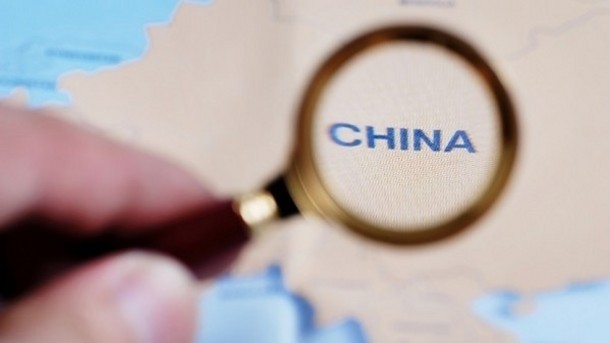China direct
State Council repeats calls to get tough on food safety

In a statement released on Friday, the State Council said it would insist on the “strictest standards, toughest supervision, harshest punishment and most serious accountability system to improve public food safety”.
According to government mouthpiece Xinhua: “[Lawmakers will set out to] improve the legal system regarding food safety issues and ensure individuals violating food safety laws are found and exposed publicly.
“The government will also work on lifting food safety standards to international levels.”
The top level of Chinese government has often pledged to redouble its efforts to improve food safety in a bid to boost consumer confidence after years of scandals and scares.
At the same time, the scale of the problem China faces has led senior officials to berate inspectors and under-resourced agencies for failing to make sufficient headway.
Last month, Bi Jingquan, chief of the China Food and Drug Administration, admitted that his department could do better.
"A number of problems still exist in food safety, and supervision still falls short of public expectations," he said.
"Supervision is weak at the grassroots. Professionals, technicians and facilities are lacking,”.
The State Council also voiced its intention to deal with air, water and soil pollution, and make efforts to improve the management of crop planting and animal husbandry.
It said that new regulations to this effect would be released by the end of this year.
The government will also toughen supervision over food production and operation, including online meal ordering and issue guidelines to help upgrade the food sector, the statement added.
Meanwhile, the number of calls to Shanghai’s 12331 food safety hotline increased by almost 50% in March, compared to the same month last year—accounting for almost half of all calls in the first quarter this year.
According to the city’s Food and Drug Administration, some 600 calls a day were logged since new hygiene rules took effect on March 20.
Half of the calls were to complain to officials or tip them off over code violations, such as expired food and unlicensed businesses.
Authorities in the city have been encouraging food-industry whistleblowers to report nefarious practices under a cloak of anonymity.
“Some businesses have been trying hard to cover up violations. And tip-offs from insiders really save us a lot of time in investigation,” said Shen Ruoqing, head of complaints at the Shanghai FDA.
Whistleblowers are entitled to up to RMB300,000 (US$43,600) if a tip-off is found to be true. According to Shanghai Daily, a total of RMB766,000 was issued in rewards last year.
More from China…
China’s fast-moving cheese market has massive room for growth
China’s booming cheese market was worth around RMB3.3bn in 2015 and continues to grow at an annual rate of 20% according to new market research.
Both supply and demand have grown constantly in recent years, helped by gradual improvements in production processes, analyst Research and Markets found in its study of competition patterns in the category.
Cream cheese, cheddar and mozzarella were found to be in greatest demand by the processing industry and catering sector. Among individual consumers, children and young adults had developed the biggest taste for cheese, while older ones were typically unfamiliar with the dairy product.
The consumer charge is being led by re-packed cheese as living standards increase and Western cuisine gains more traction, the analyst said.
Though the market has been transforming rapidly, it is still at a very early stage, and demand comes mostly from city residents.
Nationally, annual per-capita consumption weighs in at less than 50g—a fraction of the 16kg consumed by Americans in 2015 and 26.8kg eaten by cheese-loving French.
The Chinese figure is dwarfed even by neighbouring South Korea, where residents not traditionally known for their consumption of cheese were found to get through a relatively weighty 2.6kg a year.








